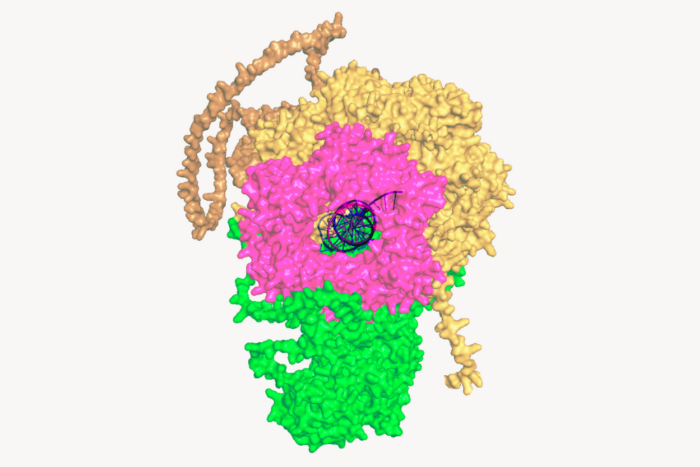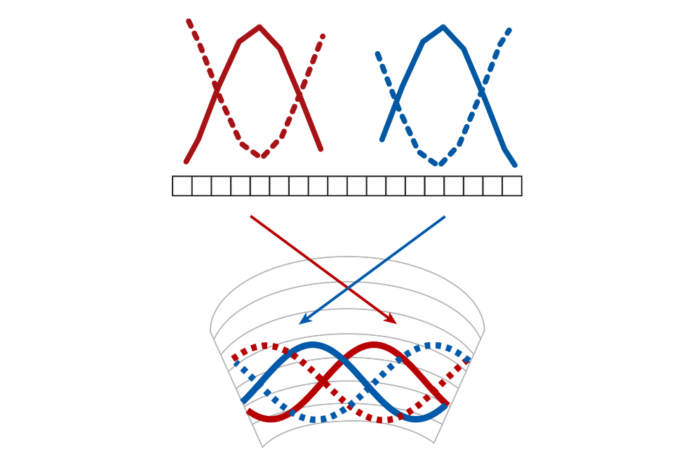Honorary degree recipients unraveled secrets of scent
Linda B. Buck, a member of the Fred Hutchinson Cancer Research Center in Seattle, and Richard Axel, University Professor at Columbia University, who have together unraveled the mechanisms that underlie our sense of smell, are this year’s recipients of honorary doctor of science degrees.
Drs. Buck and Axel shared the 2004 Nobel Prize in Physiology or Medicine for their discovery of odorant receptors and their work to understand the organization of the olfactory system.
Dr. Buck received bachelor’s degrees in psychology and microbiology from the University of Washington in 1975 and her doctoral degree in immunology from the University of Texas Southwestern Medical Center at Dallas in 1980. She joined Dr. Axel’s Columbia laboratory as a postdoc in 1982, and began studies related to how odor molecules in the environment are detected by specialized receptors in the nose and then translated by the brain into specific smells.
She moved to the department of neurobiology at Harvard Medical School in 1991, and joined Fred Hutchinson in 2002. She has been a Howard Hughes Medical Institute investigator since 1994, and has received numerous awards.
“There’s a critical link between basic science and medicine and therefore society,” Dr. Buck said in accepting her degree. “Basic science gives us the knowledge of the mechanisms that underlie biological systems — how they function. It is that knowledge that allows us to understand what goes wrong in disease, and with that understanding finally to be able to develop preventions and cures for diseases.”
Dr. Axel’s work has integrated molecular biology with problems in neuroscience, with the expectation that genetics could interface with neuroscience to approach the tenuous relationship between genes, behavior and perception. His studies, with Dr. Buck, on the logic of the sense of smell revealed over a thousand genes involved in the recognition of odors and provided insight into how genes shape our perception of the sensory environment.
Dr. Axel received his bachelor’s degree from Columbia University in 1967 and his medical degree from Johns Hopkins School of Medicine in 1970. He returned to Columbia for residency and two fellowships, then moved to the National Institutes of Health as a research fellow. He joined the faculty of Columbia in 1974 and has been an investigator at the Howard Hughes Medical Institute since 1983. He has also been the recipient of numerous awards.
“Our society depends upon its universities to defend the freedom of inquiry, to answer bad ideas with better ideas. Indeed, freedom of inquiry is a condition for the very existence of a university, and it is fragile,” Dr. Axel said in accepting his degree. “What drives us in the work of science is precisely the sense that there are truths out there to be discovered, that once discovered will form a permanent part of human knowledge. The acquisition of knowledge is an end unto itself … science endeavors to understand, not to control.”



